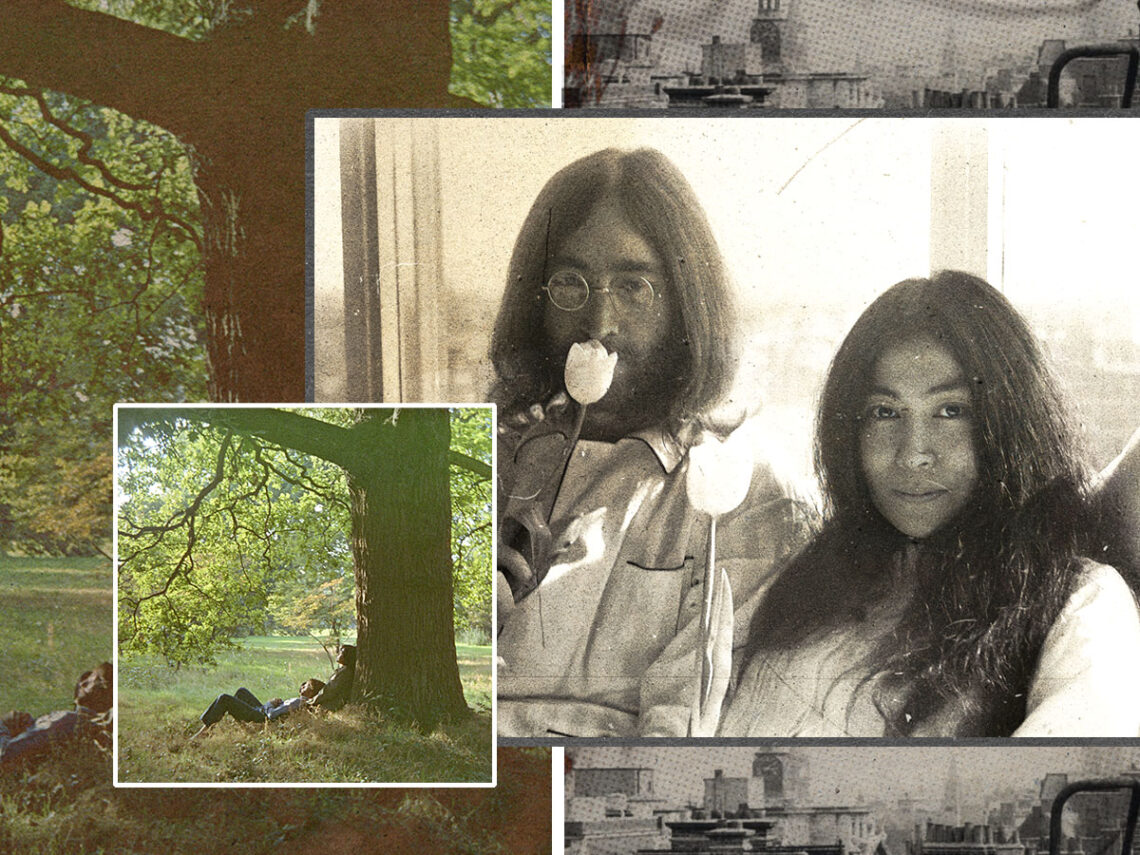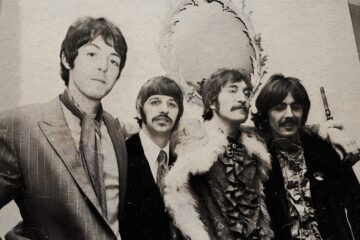After stepping off the roller coaster that was The Beatles’ career, John Lennon was in a frail state of mind. Having been one of the most famous people on the planet for nearly a decade, Lennon was mentally exhausted and ready to finally end the Fab Four for good. Although the rest of his bandmates said their piece with solo albums, Lennon was slowly tinkering with his inner feelings on Plastic Ono Band.
Having gone through psychotherapy before making this album, Plastic Ono Band is the most naked that Lennon has ever been on record, crafting songs that reflect some of the broken sides of his personality. Across each track, fans get glimpses of the man that once ruled the world as part of history’s greatest band while also getting in touch with the scared little boy underneath that rough exterior.
Starting with the sobering song ‘Mother’, Lennon is heartbroken over his torn relationship with his parents, regretting the fact that his mother and father didn’t seem to want him. Instead of blaming them for giving him up to his aunt at an early age, Lennon warns the listeners not to do what he did, shifting the blame onto himself for trying to run before he could walk. As the song wraps up, his impassioned screams for his mother and father to come home are enough to make anyone shed a tear.
After baring his raw nerves, Lennon is much more thoughtful on ‘Hold On’, presenting a calm, gentle message that maybe everything will be okay. This isn’t the same optimistic Lennon that made people believe all they needed was love, though.
Across songs like ‘I Found Out’, Lennon is documenting all of the ideals and beliefs he doesn’t have any use for anymore, knowing that he can finally be free to cry about the state of the world. Seeing how ex-Beatle George Harrison was approaching spiritualism, Lennon’s renunciation of Hare Krsna speaks volumes.
The seething social commentary continues on what might be Lennon’s most prophetic statement about the government system, ‘Working Class Hero’. Played with only an acoustic guitar, Lennon’s biting commentary of how the system is set up to make people fail is as blunt as it can possibly be, as Lennon lets out the first expletive of his career, calling those at the top of the hill “fucking peasants”. Although most of this album is a dissection of Lennon’s psyche, this is one of the few songs of his solo career where his commentary could be confused for Bob Dylan.
Lennon isn’t alone when bringing these songs to life. Although this was made in a slightly more slapdash way than his previous efforts, the rhythm section of Klaus Voorman and Ringo Starr is just the right rhythmic companion to Lennon. Across songs like ‘I Found Out’ and ‘Isolation’, Starr provides a musical pulse for the song, as if the listener is getting used to the throbbing Lennon is experiencing in his mind as he tries to get everything down on paper.
Then again, this album isn’t about doom and gloom from back to front. Lennon was just learning to experience emotions again, and some of those torturous moments gave him beautiful moments like ‘Love’. After going through different manipulative aspects of love from his family, Lennon’s eyes have finally been opened to what love can mean to people, from the simple touch to the eternal bond shared between two soulmates.
However, there is a darkness in that softness, with ‘Look At Me’ being one of Lennon’s most vulnerable tracks. Even after going through Beatlemania, he doesn’t know where to go next, absent-mindedly asking the audience what he’s supposed to be in their eyes.
While there are moments on this album that feel timestamped in the early 1970s thanks to Phil Spector’s unique production style, Lennon also is ahead of the curve in some pieces. On tracks like ‘Well Well Well’, Lennon’s searing guitar and wailing vocal is predictive of alternative music, calling to mind the sound of Kurt Cobain’s disembodied voice. Since Ono was making a record of her own, this is almost Lennon’s answer to her signature wail, letting his voice carry him to another place.
As the album draws to a close, Lennon saves one of his most seething indictments for last on ‘God’. Performed in the gospel song tradition, Lennon has grown bitter about different aspects of religion, comparing the concept of God to something used to measure one’s pain. After renouncing organised religion, Lennon began stripping away every other dogma he was brought up to believe, whether that’s Buddha, Jesus, or any other spiritual guru.
Once the song builds to its climax, Lennon shifts to modern idols, confessing that he doesn’t believe in Elvis and Bob Dylan before hitting fans with the stunning finale: “I don’t believe in Beatles/I just believe in me”. After years of living in the shadow of his early 20s self, Lennon was confessing that The Beatles were officially over and that he was pursuing new avenues in his personal life. As the slow sounds of ‘My Mummy’s Dead’ play the album out, fans are left dumbfounded by Lennon’s honesty.
After being one of the most cutting-edge voices in rock and roll, Lennon was content to leave that side of himself completely behind. Though Imagine may have served as the more commercial-friendly album a few years later, Plastic Ono Band captures the vulnerability that few artists can grasp as Lennon delves into the deepest corners of his psyche and shows the world what he finds. The rest of the world might have thought that The Beatles could have gone on forever, but Lennon had the final say: the dream was over.



